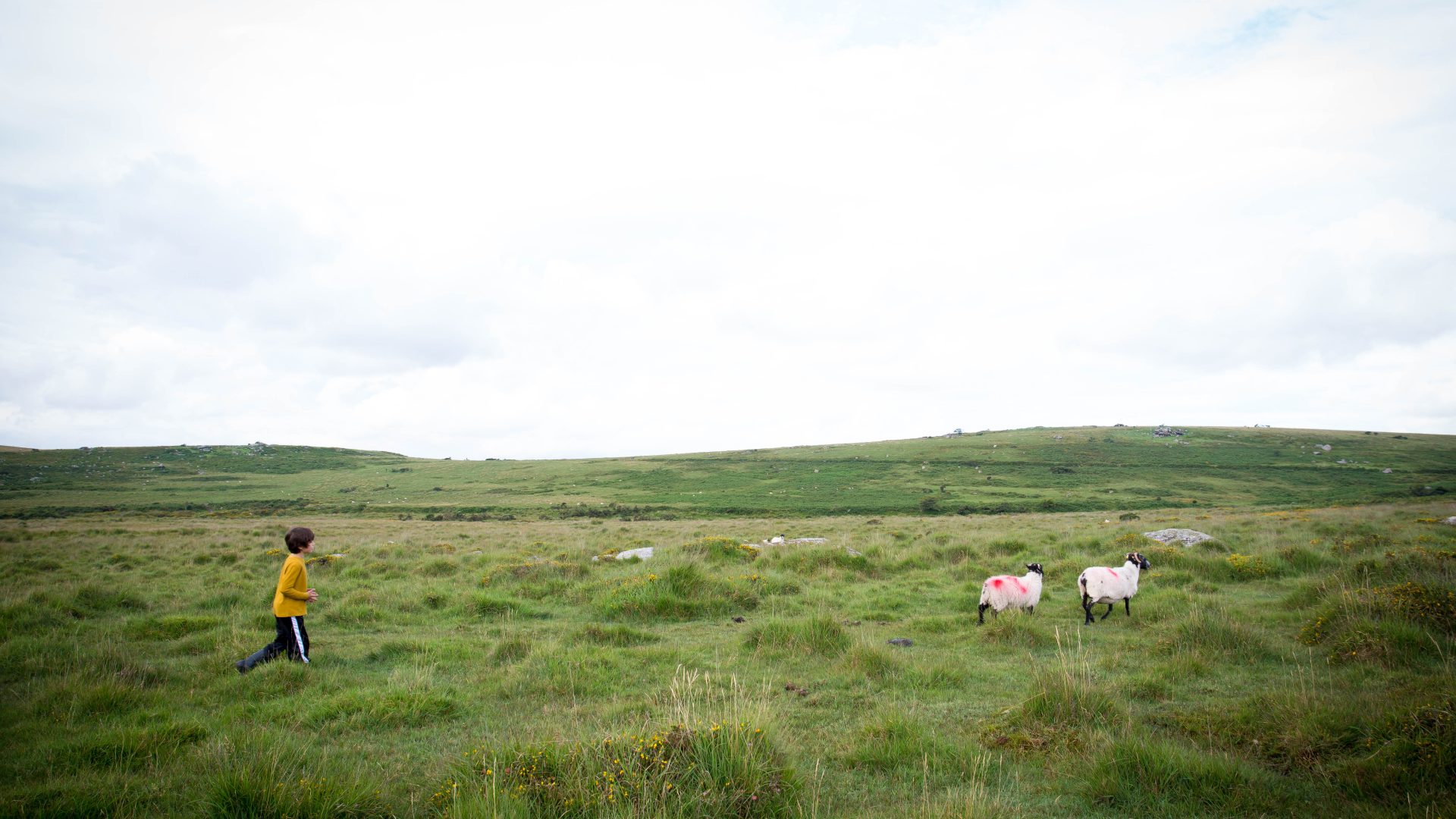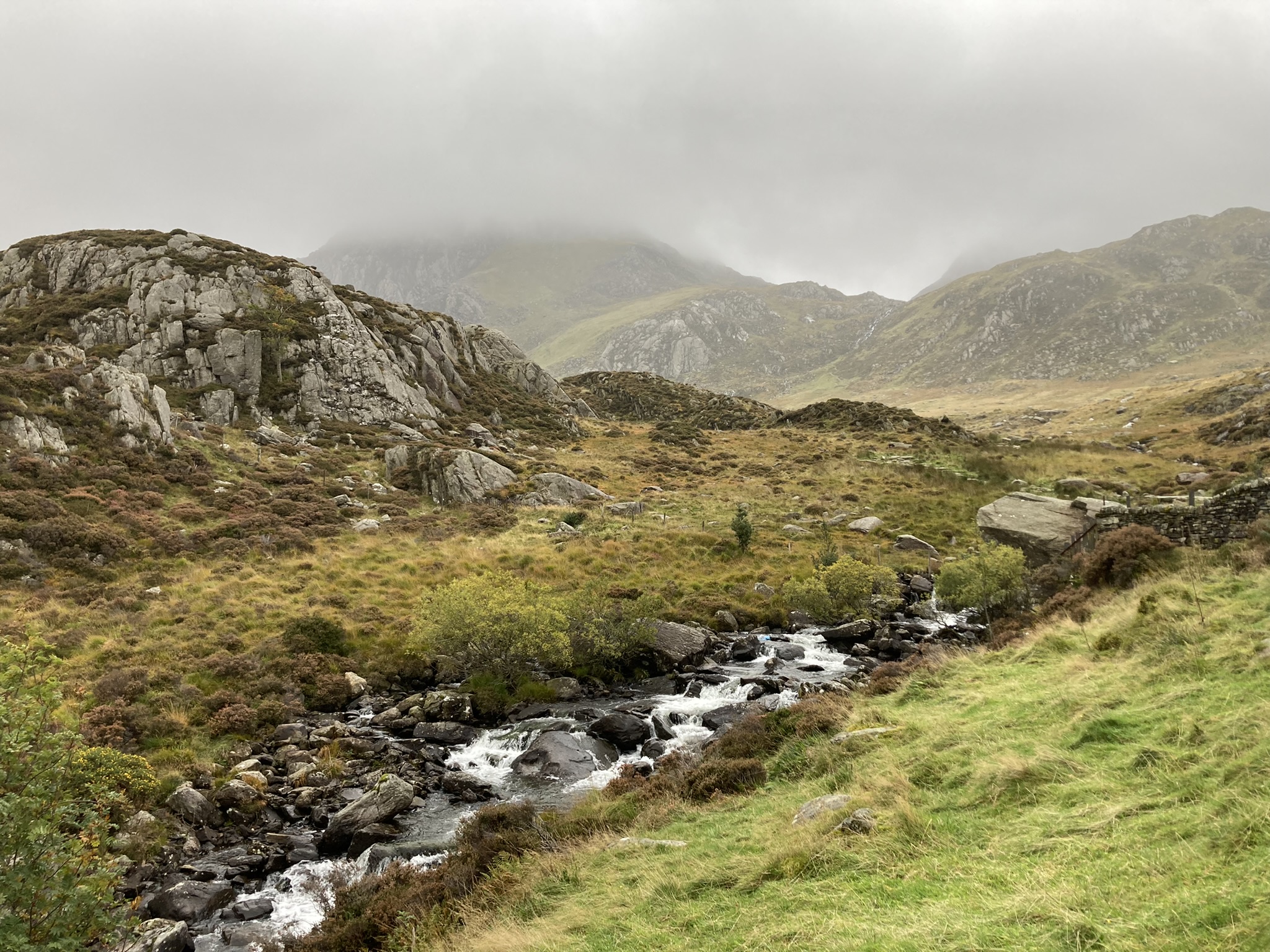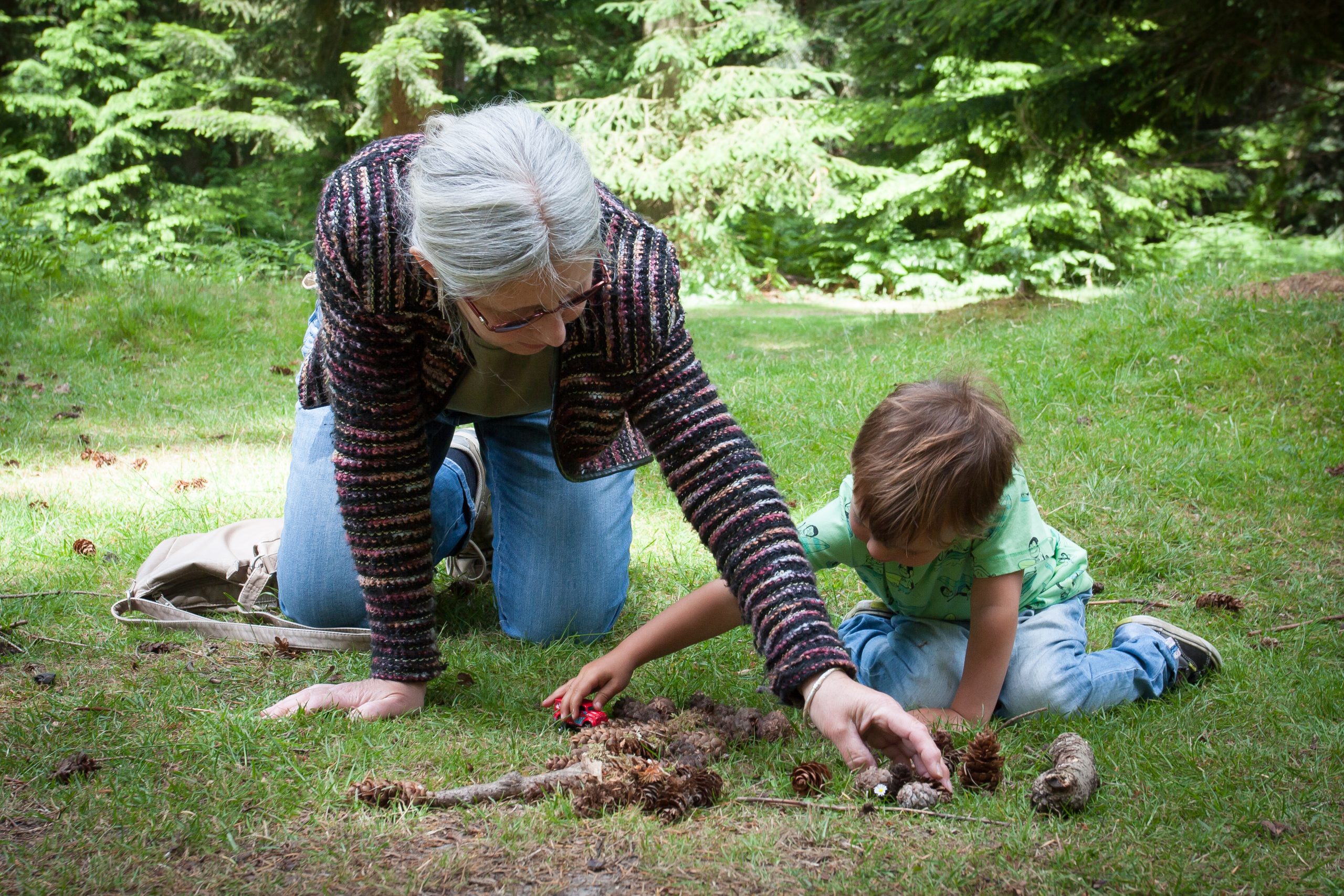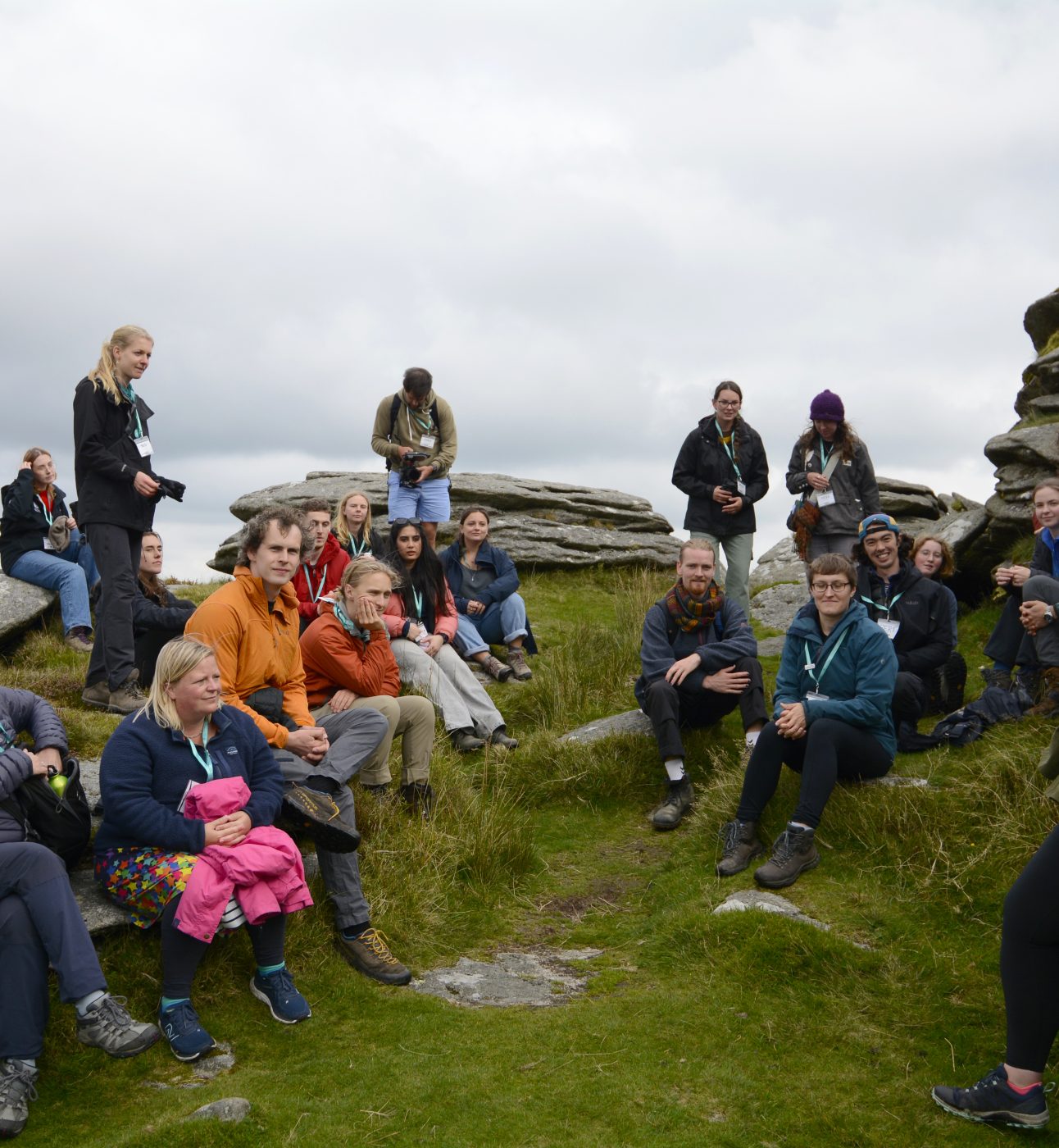This Autumn, children and young people across the country are heading back to school and college. After a summer filled with opportunities to explore National Parks and other landscapes, many will be shut inside classrooms working hard on new classes in the new academic year.
Outdoor education in schools is a topic that has been discussed more and more in recent years. We face a youth mental health crisis and regular sensational studies about the growing disconnect of new generations from the natural world.
Spending time in nature brings a huge variety of benefits. For children and young people, spending time outdoors can grow feelings of self-esteem, improve mood and deepen connection the natural world.
However, we also know that younger age groups are less likely to engage with the countryside and green spaces. Only 6% of visitors to National Parks are aged 16-25. How can we encourage more young people to spend time outdoors? Like with everything, the foundations of a life connected to nature are best laid during childhood.
I was lucky enough to grow up with nature on my doorstep, attending a primary school where I learnt about growing food in our allotment and the benefits of spending time outdoors in our outdoor classroom. However, it wasn’t until later when I was in high school that I went on my first school trip to a National Park. For three weekends over a few months, me and 15 others travelled to Eryri for our Duke of Edinburgh’s Award. The trips consisted mainly of rain, variable camping experiences and getting lost in farmers’ fields just outside Bets-y-Coed. But through these residentials, we developed many skills from how to pitch a tent and read a map to resilience, confidence and self-leadership. Much more than family day trips to the much closer-by Peak District could teach me (fun though they were).
Opportunities for outdoor learning go much further beyond navigation skills and minibeast ID; they give children a chance to grow up with a deeper connection to nature, a stronger connection to self, and greater resilience to face current climate and nature crises. Nature connectedness, or the extent to which we perceive ourselves as part of the natural world around us, is a large factor in how beneficial our experiences outdoors can be. More than academic knowledge or total time spent hiking and exploring, how to feel our connection to nature is what time outdoors can teach us.
For many families holidays in nature are out of reach, schools are struggling to fund non-essential activities and many children don’t have the opportunities I did through extracurricular trips.
Without experiencing nature, people are less likely to care about and become involved in protecting natural landscapes and wildlife. Greater support for outdoor learning in all schools and colleges providing more children with opportunities to connect with nature can encourage greater environmental stewardship in communities as a whole. Embedding outdoor learning at school can play a role in plugging the growing countryside and green skills gaps, helping the UK reverse nature’s decline and fight the climate crisis.
There is growing political interest in adding more emphasis to outdoor education to the National Curriculum. In England and Wales, early plans to embed outdoor and residential experiences in every school ultimately fell through. There is huge potential with new political leaders in both countries to re-ignite the conversation around outdoor learning for all.





